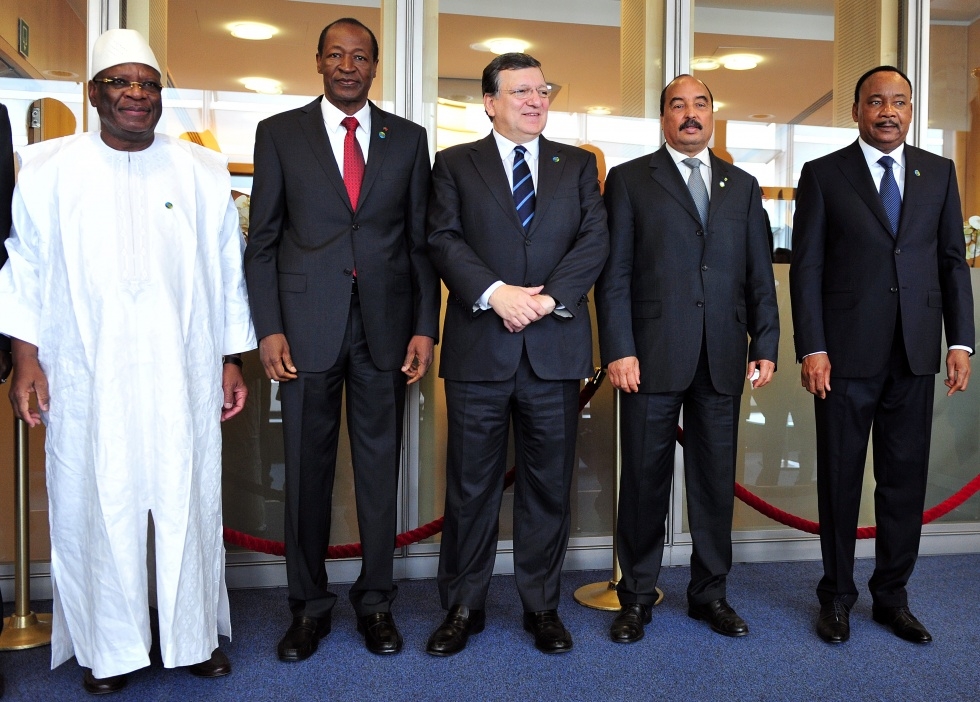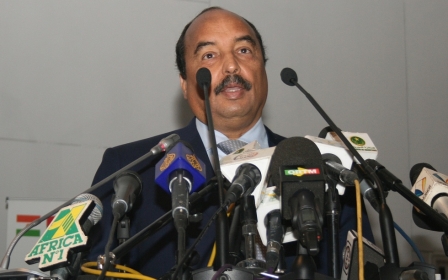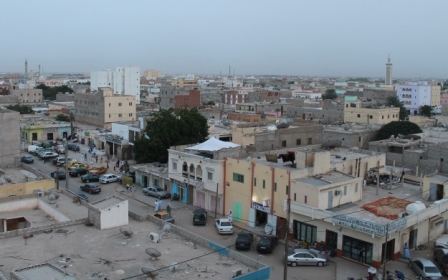Opposition groups to boycott Mauritania elections

Opposition groups in Mauritania have said they will boycott next month’s Presidential elections, accusing the government of failing to enter a dialogue over how the vote is to be run.
The National Forum for Democracy and Unity (FNDU) – a coalition of political parties ranging from social democrats to Islamists – made the decision to boycott the June 21st presidential elections after a meeting on Saturday.
In a statement, former Prime Minister Yahya Ould Ahmed Waghf, the FNDU's main negotiator in the dialogue between the opposition and the ruling majority, said that “all the political parties affiliated to the Forum decided unanimously to boycott this election.”
The FNDU is a combination of the Islamist Tewassoul movement and the Coordination for a Democratic Opposition. The latter includes the social democratic Rally of Democratic Forces which has been one of the dominant players (also in its previous incarnation as the Union of Democratic Forces) in Mauritanian politics since the legalisation of political parties in the country in 1991.
It is generally accepted that political parties in the country lacked real power until after the 2005 coup when a transitional junta liberalised the political arena.
A further coup in 2008, brought to power current President Mohamed Ould Abdul Aziz, although elections were held in 2009 in which he received 52% of the vote, securing his civilian presidency.
He is running for re-election and is widely expected to win.
The 2008 coup was originally supported by the Rally of Democratic Forces who called it “a movement to rectify the democratic process,” although they boycotted elections last year which they labelled an “electoral masquerade.” President Abdul Aziz's Union of the Republic party swept the parliamentary elections in 2013, in spite of reports of fraud.
Civil societies and unions are backing the FNDU’s decision, labelling the electoral process “neither consensual nor transparent.”
Middle East Eye propose une couverture et une analyse indépendantes et incomparables du Moyen-Orient, de l’Afrique du Nord et d’autres régions du monde. Pour en savoir plus sur la reprise de ce contenu et les frais qui s’appliquent, veuillez remplir ce formulaire [en anglais]. Pour en savoir plus sur MEE, cliquez ici [en anglais].



